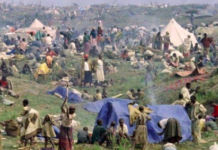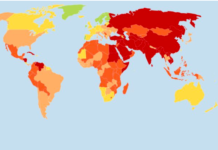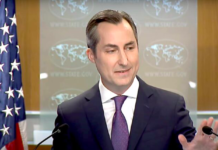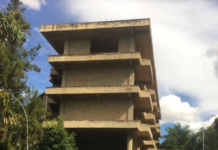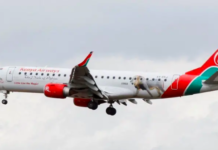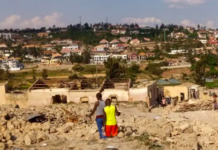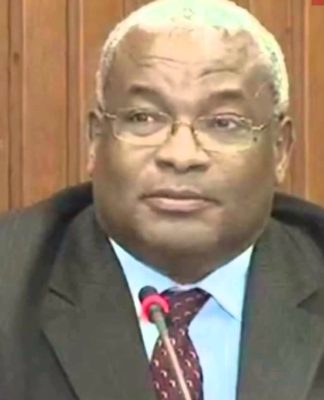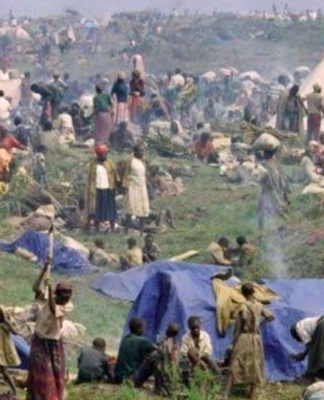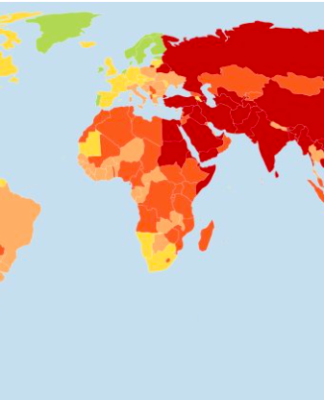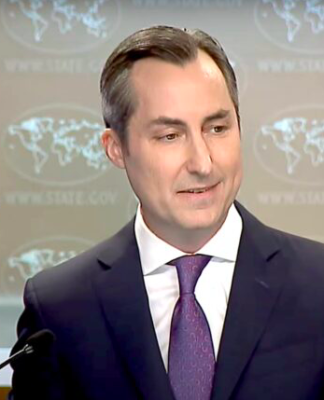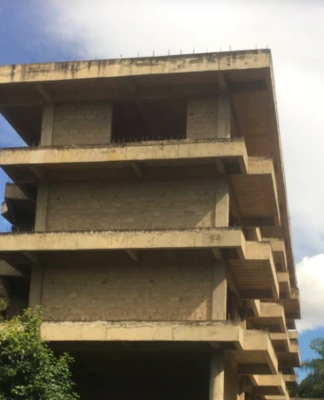In water management, a pressing concern has emerged that demands immediate attention: Non-Revenue Water (NRW). This hidden problem is spreading rapidly worldwide, draining water resources and making the current shortage even more dire. As communities grapple with this challenge, it’s crucial to understand the scope of the problem, the causes of non revenue water and explore potential solutions.
Understanding NRW
Non-Revenue Water refers to the volume of water lost in the distribution system before reaching paying customers. This includes actual losses like leaks and pipe bursts and financial losses caused by unaccounted-for use and faulty metering. As the issue of water scarcity becomes more pressing, the consequences are devastating.
The Global Magnitude
Although NRW is a global issue, it is generally most severe in developing countries. In these areas, outdated infrastructure and insufficient investments in maintenance contribute to leakages and inefficiencies.
More than half of the treated water is lost before it reaches its intended consumers, a figure that the World Bank says can approach 50% in some places.
The Economic Implications
The effects of NRW on the economy are substantial. As their ability to generate income decreases, water utilities suffer enormous losses. These losses make it difficult to maintain financial viability and invest in upgrades to the water system. This vicious cycle perpetuates the NRW issue, further degrading systems and resources.
Addressing the Issue
The problem of non-revenue water is being addressed in several ways worldwide. There is a refreshed commitment to improving and consistently maintaining existing infrastructure. This involves replacing old pipelines and using cutting-edge leak detection equipment. Utilities can dramatically reduce NRW levels by addressing physical losses.
In addition, technical progress is crucial in lowering NRW. Water usage and distribution patterns may be tracked precisely using smart meters and sensor networks. Utilities may improve efficiency and save waste thanks to this data-driven leak detection method. Leak-prone regions can be pinpointed with the help of predictive analytics, leading to preemptive repairs.
Education and involvement in the community are also essential factors. Water conservation and proper use should be promoted to reduce illegal use and waste. Community involvement in reporting leaks and anomalies can also help reduce NRW by instilling a sense of ownership and accountability.
The importance of policy and regulatory frameworks in dealing with the NRW problem cannot be overstated. Theft and waste of water must be strictly regulated, and governments and water authorities must institute appropriate sanctions. At the same time, positive change can be prompted by financial incentives for water utilities to improve their efficiency and cut their losses.
Collaborations amongst different industries in the fight against NRW are also gaining traction. Partnerships with the private sector can bring much-needed funds and expertise to improve water infrastructure. Furthermore, international organizations and development agencies are extending their support to developing nations, aiding them in building resilient water systems.
Takeaway
The issue of Non-Revenue Water demands immediate global attention. The need to resolve NRW grows as communities worldwide face water shortages.
We can significantly advance toward reducing NRW levels by employing a multi-faceted approach that includes upgrading infrastructure, incorporating technology, engaging the community, and enacting strong policies.
To ensure future generations have access to clean water, it will take the combined efforts of governments, utilities, communities, and the corporate sector.

